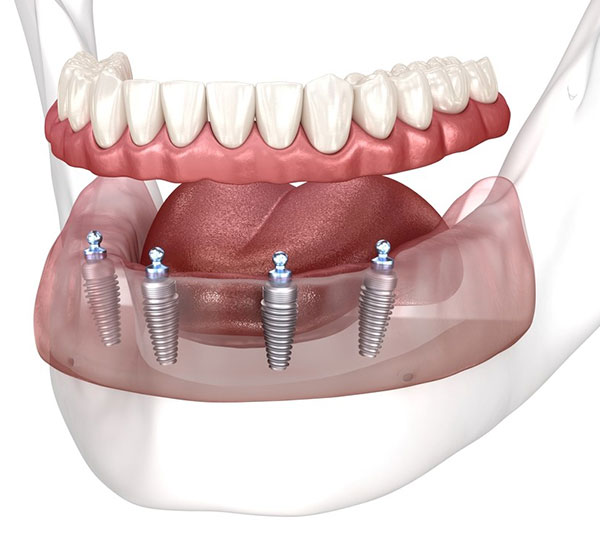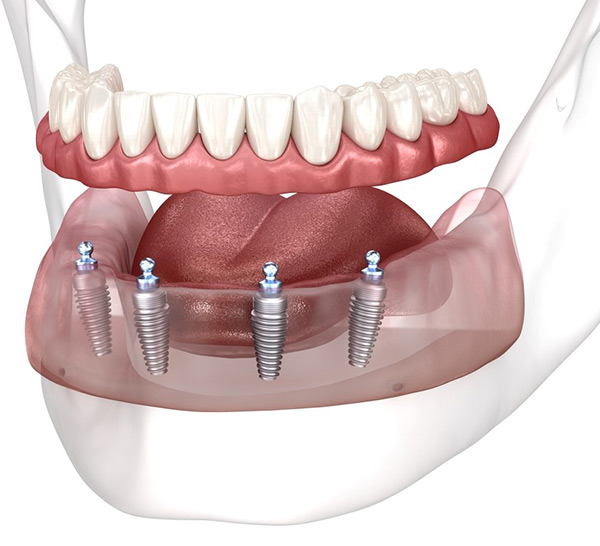Blog
Lip-Tie, Tongue-Tie, and Why You Need to Treat Them
September 6 / DENTISTRY

If you or your child has lip-tie or tongue-tie, it’s important to visit your family dentist to discuss treatment options right away.
What is lip-tie?
We all have a frenum – a small piece of skin inside our mouths that connect the upper lip with the upper jaw. This skin typically sits high in the mouth, not impacting the way the lips naturally move. In normally-developed mouths, the upper lip should naturally roll upwards, towards the nose. You should have no problem touching your upper lip to the tip of your nose.
However, sometimes the frenum is longer than normal, extending down far enough to impede the natural movement of the lips. This is lip-tie, and it’s important to treat it.
Leaving lip-tie untreated can lead to the following problems:
- Malnourishment in infants caused by difficulty moving the lips
- Difficulty eating solid foods
- Development of a gap between the front teeth
- Difficulty keeping the teeth and gums clean and free of debris, which can lead to decay
- Delayed speech
What is tongue-tie?
Developing babies also have something called a lingual frenum, a thin piece of tissue that attaches the tongue to the lower jaw.
This tissue usually detaches before a baby is born, but in some cases, it is thicker than normal, and the baby is born with an intact-lingual frenum that impedes the ability for a child to stick out their tongue and move it from side to side. In some severe cases, the tongue can appear to be heart shaped. This is tongue-tie, and it’s important to treat it.
Leaving tongue-tie untreated can lead to the following problems:
- Difficulty speaking and chewing
- Pain and discomfort caused by tension is the head, neck, jaw, and shoulders
- Bruxism (tooth clenching or grinding)
- Mouth breathing (rather than nose breathing, which is ideal because of the natural filtration effect)
- Difficulty sleeping
- Sudden Infant Death Syndrome (or SIDS)
- Snoring
If left untreated, both lip-tie and tongue-tie can lead to long-term harm for children and adults alike.
Tongue-tie can be particularly harmful as it can prevent the airways from fully-developing because the upper-area of the tongue is unable to rest naturally against the roof of the mouth. We rely on this position without even knowing it, and for infants whose tongue cannot reach this position, it’s common to develop extra-strong dependencies on coping mechanisms like pacifiers or their thumb, preventing the full development of the airway and causing it to remain narrow.
If you or your child have lip-tie or tongue-tie, call our team today. We’ll schedule an appointment to assess your current condition and discuss treatment options that will work with your unique situation.
Archive

December 6, 2025 / DENTISTRY

November 20, 2025 / DENTISTRY

October 19, 2025 / DENTISTRY

September 19, 2025 / DENTISTRY

August 6, 2025 / DENTISTRY

July 17, 2025 / DENTISTRY

June 14, 2025 / DENTISTRY

May 11, 2025 / DENTISTRY

April 9, 2025 / DENTISTRY

February 27, 2025 / DENTISTRY

January 18, 2025 / DENTISTRY

December 31, 2024 / DENTISTRY

November 17, 2024 / DENTISTRY

October 18, 2024 / DENTISTRY

September 12, 2024 / DENTISTRY

July 10, 2024 / DENTISTRY

June 11, 2024 / DENTISTRY

May 20, 2024 / DENTISTRY

April 4, 2024 / DENTISTRY

March 25, 2024 / DENTISTRY

February 25, 2024 / DENTISTRY

January 24, 2024 / DENTISTRY

December 18, 2023 / DENTISTRY

November 8, 2023 / DENTISTRY

October 17, 2023 / DENTISTRY

September 7, 2023 / DENTISTRY

August 22, 2023 / DENTISTRY

July 4, 2023 / DENTISTRY

June 5, 2023 / DENTISTRY

May 11, 2023 / DENTISTRY

April 13, 2023 / DENTISTRY

March 15, 2023 / DENTISTRY

February 10, 2023 / DENTISTRY

January 15, 2023 / DENTISTRY

November 8, 2022 / DENTISTRY

September 6, 2022 / DENTISTRY

August 7, 2022 / DENTISTRY

July 7, 2022 / DENTISTRY

June 14, 2022 / DENTISTRY



